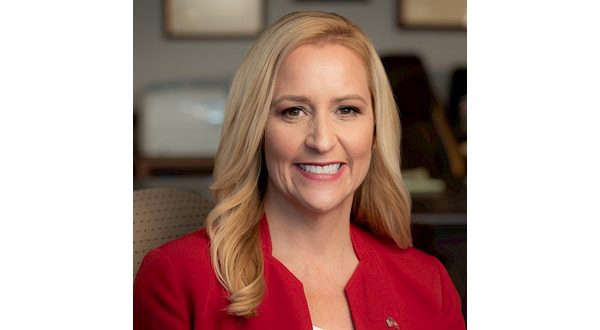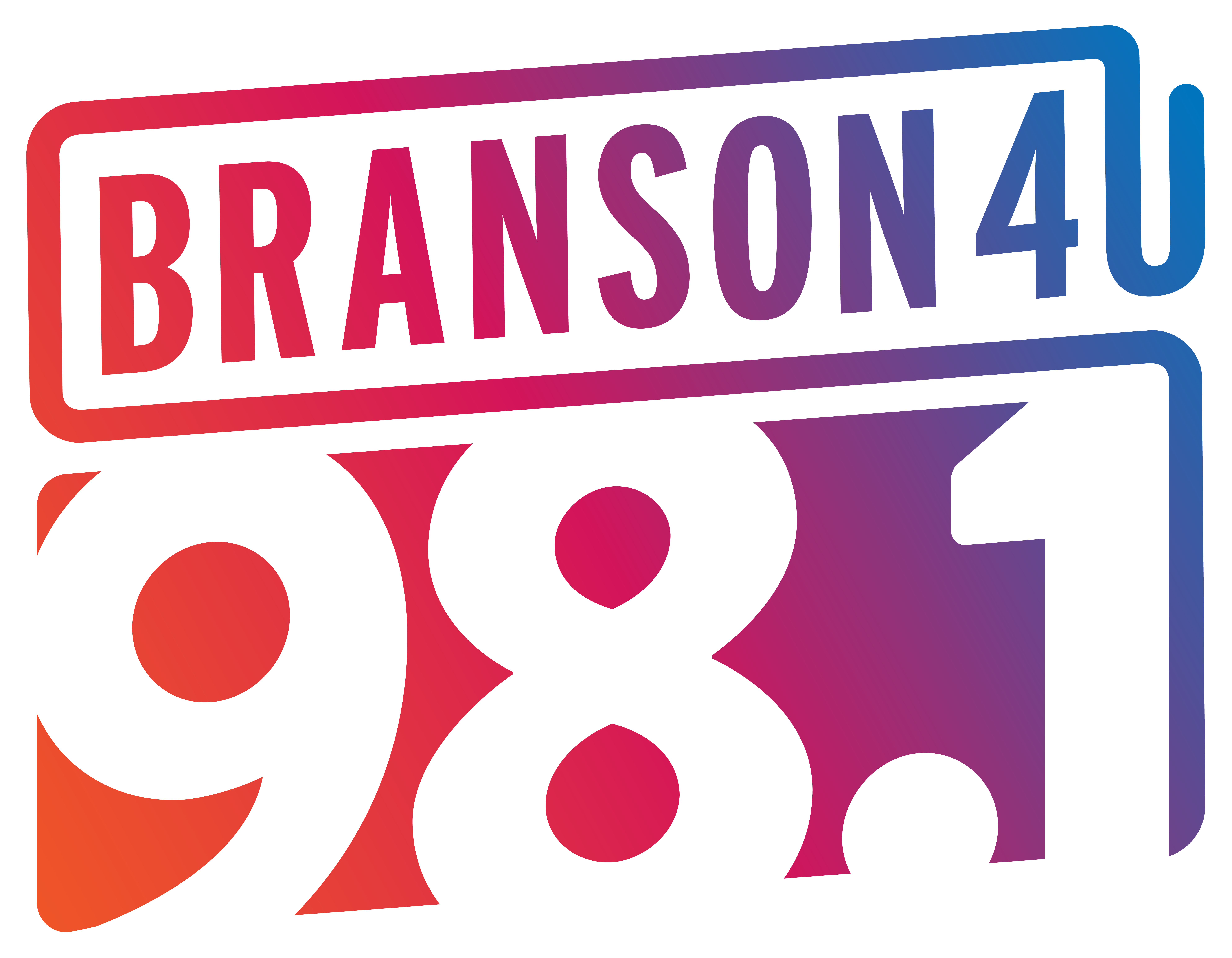
The soon to be Lt. Governor of the State of Arkansas announces a settlement in a multi-state case against Google.
In an announcement Monday, Attorney General Leslie Rutledge announces the settlement involving Arkansas, Missouri, and 38 other states in their lawsuit against Google over their privacy practices. Google, like other search engine providers, often use location information as part of their digital advertising business.
The 40 states filed the suit against Google after a 2018 article from the Associated Press that uncovered Google had continued to track some personal information even when consumers asked them not to.
The total amount of the settlement is $391.5 million split up among the 40 states.
The announcement of this settlement is one of several items remaining for Rutledge as she transitions from the Attorney General's Office to Lt. Governor next year.
The complete release from Attorney General Leslie Rutledge's office is below:
40 states have reached a $391.5 million multistate settlement with Google over its location tracking practices relating to Google account settings. Arkansas will receive $11,368,923.47 from the settlement. This is the largest multistate Attorney General privacy settlement in U.S history; Arkansas serves on the executive committee.”We expect web browsers, like Google, to protect the privacy of its users rather than to exploit their information,” said Arkansas Attorney General Leslie Rutledge. “This historic settlement warns companies that they must clearly disclose when they are tracking location information and provide consumers with easily accessible settings to block the tracking of their location information.”
Location data is a key part of Google’s digital advertising business. Google uses personal and behavioral data it collects to build detailed user profiles and target ads on behalf of its advertising customers. Location data is among the most sensitive and valuable personal information Google collects. Even a limited amount of location data can expose a person’s identity and routines and can be used to infer personal details.
The attorneys general opened the Google investigation following a 2018 Associated Press article that revealed Google “records your movements even when you explicitly tell it not to.” The article focused on two Google account settings: Location History and Web & App Activity. Location History is “off” unless a user turns on the setting, but Web & App Activity, a separate account setting, is automatically “on” when users set up a Google account, including all Android phone users.
As detailed in the settlement, the attorneys general found that Google violated state consumer protection laws by misleading consumers about its location tracking practices since at least 2014. Specifically, Google misled consumers about the scope of the Location History setting, the fact that the Web & App Activity setting existed and also collected location information, and the extent to which consumers who use Google products and services could limit Google’s location tracking by adjusting their account and device settings.
The settlement requires Google to be more transparent with consumers about its practices. Google must:
Show additional information to users whenever they turn a location-related account setting “on” or “off”;
Make key information about location tracking unavoidable for users (i.e., not hidden); and
Give users detailed information about the types of location data Google collects and how it’s used at an enhanced “Location Technologies” webpage.
The settlement also limits Google’s use and storage of certain types of location information and requires Google account controls to be more user-friendly.
The attorneys general of Oregon and Nebraska led the settlement negotiations, assisted by Arkansas, Florida, Illinois, Louisiana, New Jersey, North Carolina, Pennsylvania, and Tennessee. The final settlement was also joined by Alabama, Alaska, Colorado, Connecticut, Delaware, Georgia, Hawaii, Idaho, Iowa, Kansas, Kentucky, Maine, Maryland, Massachusetts, Michigan, Minnesota, Mississippi, Missouri, Nevada, New Mexico, New York, North Dakota, Ohio, Oklahoma, South Carolina, South Dakota, Utah, Vermont, Virginia, and Wisconsin.






 Terry Bradshaw Honored for Bringing Branson National Buzz and Career
Terry Bradshaw Honored for Bringing Branson National Buzz and Career
 Missouri Voters Approve Minimum Wage Increase Amid Legal Pushback from Businesses
Missouri Voters Approve Minimum Wage Increase Amid Legal Pushback from Businesses
 Lakes Area Man Facing Federal Charges of Receiving Child Pornography
Lakes Area Man Facing Federal Charges of Receiving Child Pornography
 Branson aldermen examine condemnation and eminent domain process for projects
Branson aldermen examine condemnation and eminent domain process for projects





